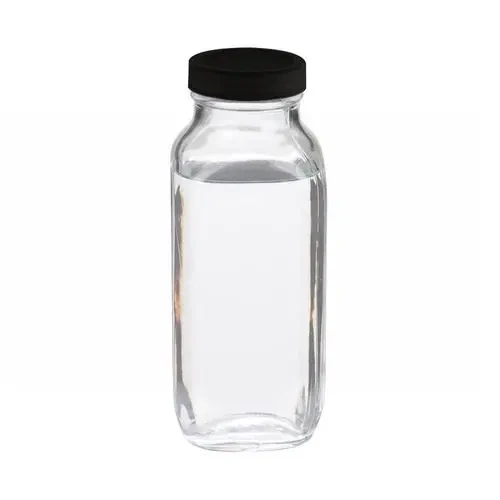The Role of Amines in Boiler Water Treatment
Boilers are crucial components in various industries, providing steam and hot water for processes that require heating or power generation. Ensuring the efficiency and longevity of a boiler system is paramount, and water treatment plays a vital role in achieving these goals. One of the key elements in boiler water treatment is the use of amines. This article explores the significance of amines in boiler water treatment, their types, and their benefits in maintaining boiler efficiency.
Understanding Amines
Amines are organic compounds derived from ammonia by replacing one or more hydrogen atoms with organic groups. They are categorized based on the number of carbon substituents attached primary, secondary, and tertiary amines. In the context of boiler water treatment, amines are primarily used as neutralizing agents to control pH levels and protect boiler systems from corrosion and scale formation.
The Importance of pH Control
Maintaining the correct pH level in boiler water is critical to preventing corrosion of the boiler components. When the pH is too low, it can lead to acidic conditions that promote corrosion, particularly in the presence of oxygen. Amines, such as morpholine, cyclohexylamine, and diethylaminoethanol, are effective in raising the pH of boiler water, ensuring it remains within an optimal range. By maintaining a neutral to slightly alkaline pH, amines help minimize the risk of corrosion and extend the lifespan of the boiler.
Corrosion Prevention
Corrosion is a significant concern in boiler systems because it can lead to costly repairs and extended downtimes. Amines contribute to corrosion prevention through their ability to form a protective film on metal surfaces. This film acts as a barrier, reducing the interaction between water and metal surfaces, thus inhibiting corrosive processes. Additionally, amines can scavenge oxygen in the water, further reducing the chances of corrosion-related damage.
Scale Control
amine in boiler water treatment

In addition to controlling corrosion, amines also play a role in preventing scale formation. Scale is a buildup of mineral deposits that can accumulate on the heat transfer surfaces of a boiler, leading to reduced efficiency and increased fuel consumption. Amines can help disperse these minerals in water, preventing them from adhering to boiler surfaces. By maintaining the cleanliness of the heating surfaces, amines enhance the overall efficiency of the boiler system.
Types of Amines Used in Boiler Water Treatment
Several types of amines are commonly used in boiler water treatments, each with unique properties.
1. Morpholine Known for its excellent solubility in water, morpholine is often used to neutralize acidic condensate and protect against corrosion in low-pressure steam systems.
2. Cyclohexylamine This amine is favored for high-pressure boilers due to its ability to provide effective pH control and corrosion protection even at elevated temperatures.
3. Diethylaminoethanol (DEAE) DEAE is utilized for its ability to provide a buffering effect, stabilizing pH levels and preventing corrosion while also dispersing scale-forming materials.
Conclusion
In summary, amines play a vital role in boiler water treatment by controlling pH levels, preventing corrosion, and reducing scale formation. Their application is essential for enhancing the efficiency, reliability, and lifespan of boiler systems in various industrial applications. As industries continue to prioritize sustainability and operational efficiency, the proper utilization of amines will remain an integral aspect of boiler water treatment strategies, contributing to the overall health of the system and cost savings over time. Implementing effective water treatment regimens that include amines is not just a best practice; it is a necessity for modern boiler operations.

